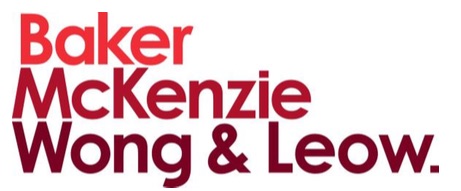30 May, 2018
We previously discussed the Healthcare Services Bill (the "Bill") which will replace the current Private Hospitals and Medical Clinics Act ("PHMCA"), and the public consultation for the Bill held between 5 January 2018 and 15 February 2018. Our earlier client alert on this topic can be found here.
On 24 May 2018, the Ministry of Health ("MOH") released its Summary of Key Feedback and Responses received during the public consultation (the "Public Consultation Summary").
The Public Consultation Summary underscores MOH's intent for the Bill to put in place better safeguards for patient safety and well-being, and to strengthen continuity of care. As previously discussed, the Bill modifies the regulatory regime for healthcare services from a "premises-based" to a "services-based" form of licensing, and mandates contributions to the National Electronic Health Record ("NEHR").
Significant findings and statements from the Public Consultation Summary include, amongst others:
- As concerns telemedicine, only tele-treatment (i.e. where doctors provide direct clinical care to patients remotely over an electronic platform) will be licensed. Other domains, such as tele-collaboration, tele-monitoring, and tele-support, will not be regulated.
- To provide greater clarity on licensed specialised interventional procedures and radiology services, MOH will finalise two respective lists of the relevant procedures and services, and consult with licensees after such finalisation.
- MOH is proposing to allow co-location of a list of health-related services with specific service licensees under the Bill. MOH will review the operational details of this policy and update service providers once the review has been completed.
- In addition to extended training, assistance and funding support programmes, MOH will also work with the IT vendor community from mid-2018 to explore alternative technical solutions for NEHR data contribution.
- MOH emphasised that the criminal penalty for failure to contribute health information to the NEHR is intended to specifically address recalcitrant licensees who intentionally or persistently fail to contribute health information to the NEHR. MOH will looks into all circumstances of each case and the reasons for the non-contribution, before considering appropriate enforcement actions.
- MOH will explore additional provisions to legally prohibit licensee access and use of the NEHR for insurance and employment purposes, and to add in
- necessary safeguards and penalties to address concerns of unintended disclosure following authorised access.
- In view of the particular concerns of certain patients, MOH will review the various options for patients to opt-out of contributing their medical records to the NEHR.
- In response to public concerns about potential medico-legal liability in relation to contribution, access and usage (e.g. inappropriate access or data breaches), MOH and the Integrated Health Information Systems will collaborate with medico-legal professionals and licensees to develop a set of guidelines for proper contribution, access and use of the NEHR. This will be done through a series of educational workshops for licensees, which MOH plans to roll out later this year.
MOH has taken note of stakeholders' concerns on the impact of the NEHR on medical tourism in Singapore, and will take this into consideration when reviewing the Bill.
The Public Consultation Summary released by MOH can be found here.
For further information, please contact:
Andy Leck, Principal, Baker & McKenzie.Wong & Leow
andy.leck@bakermckenzie.com





